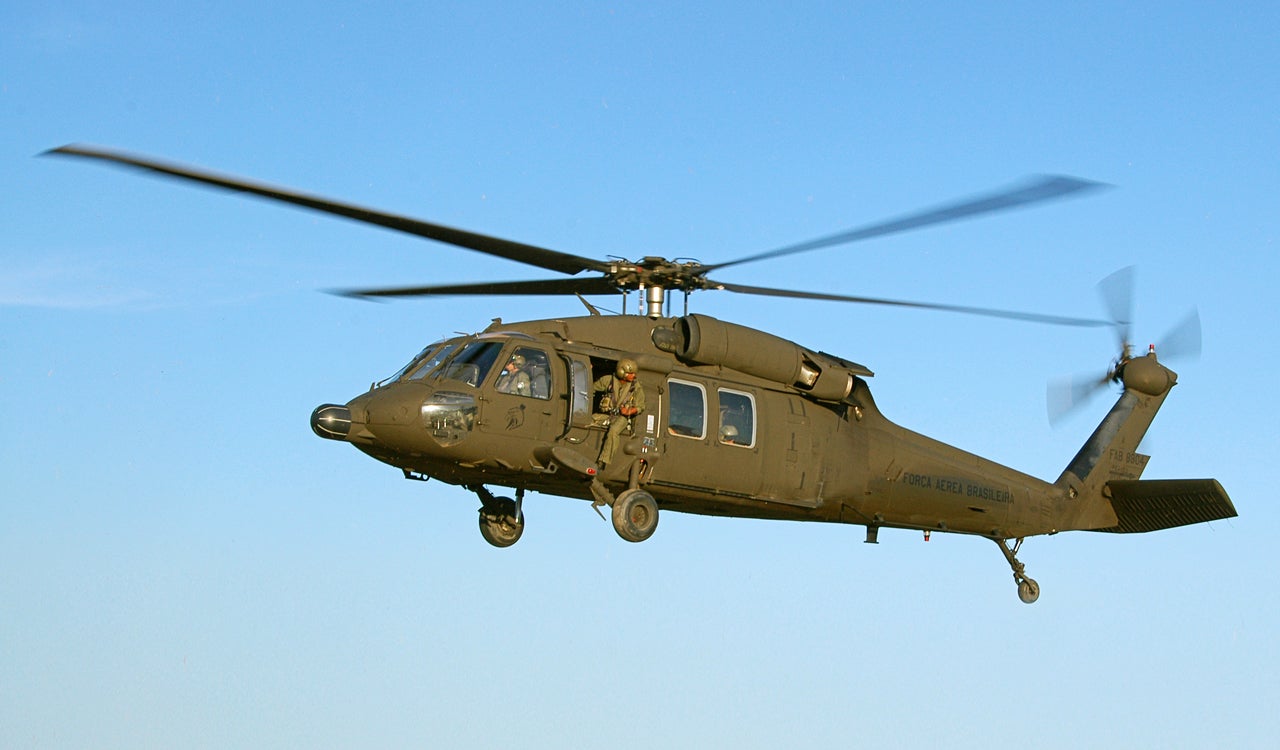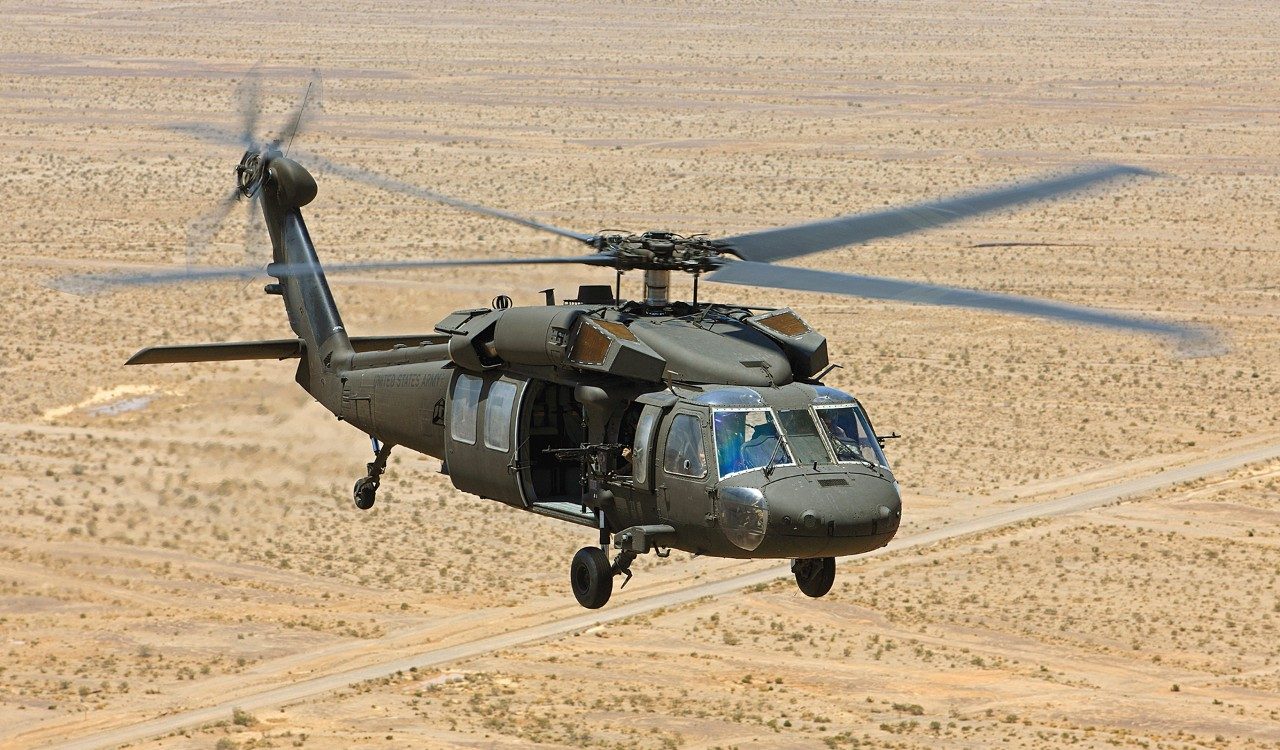UH 60 Black Hawk: Trick Features and Advancements
UH 60 Black Hawk: Trick Features and Advancements
Blog Article
The Impact of Sustainable Practices on the Future of Aircraft Workflow and Emissions Reduction
As the aviation industry deals with enhancing analysis over its environmental influence, the adoption of lasting methods arises as a vital pathway toward future aircraft operations and exhausts decrease. Innovations in lasting aeronautics fuels and developments in hybrid propulsion technologies stand at the leading edge of this improvement, encouraging considerable decreases in greenhouse gas exhausts.

Review of Sustainable Practices
Sustainable practices in airplane procedures include a variety of approaches focused on decreasing ecological influence while keeping operational effectiveness. These methods are important in the aviation industry's dedication to decreasing its carbon footprint and sticking to worldwide environmental criteria. Trick initiatives consist of optimizing flight paths to reduce fuel usage, boosting upkeep methods to make certain aircraft operate at peak effectiveness, and carrying out innovative modern technologies such as winglets and lightweight materials that boost the rules of aerodynamics.

Training and engaging staff on sustainability practices additionally play an essential duty, fostering a society of environmental duty within companies. Generally, the combination of these lasting techniques not just aids lower emissions however likewise boosts the long-lasting viability of the aviation industry, ensuring it meets the needs of both clients and regulatory bodies while adding to international sustainability goals.
Cutting-edge Gas Alternatives
Countless cutting-edge gas options are becoming crucial remedies to reduce the air travel industry's dependence on conventional fossil fuels. Amongst these options, Lasting Air travel Fuels (SAFs) have gotten significant attention as a result of their potential to lower lifecycle greenhouse gas discharges by up to 80% compared to conventional jet fuels. SAFs are originated from different feedstocks, including waste oils, farming residues, and also algae, making them a versatile option for the market.
An additional appealing option is hydrogen gas, which, when utilized in gas cells, produces just water vapor as a result. Furthermore, electric propulsion systems are being checked out, leveraging battery technology to power aircraft.
Last but not least, biofuels stemmed from biomass are being explored, supplying an eco-friendly alternative that can be combined with traditional gas. Collectively, these ingenious gas choices stand for a crucial action towards achieving a lasting air travel ecological community, straightening with worldwide exhausts decrease targets and enhancing the sector's ecological stewardship.
Technical Advancements in Air Travel

How can technological advancements reshape the future of aviation? Innovations such as electric and hybrid propulsion systems are at the center, appealing considerable decreases in fuel usage and greenhouse gas exhausts.
Furthermore, the application of advanced products, such as lightweight composites, adds to boosted the rules of aerodynamics and fuel performance. Using expert system and machine understanding in trip operations optimizes route planning and minimizes fuel shed by allowing real-time modifications based upon weather and traffic conditions. In addition, the growth of autonomous and from another location piloted airplane systems stands to change freight and passenger transportation, possibly raising performance while lessening human error.
Moreover, sustainable aviation innovations, including advanced air web traffic administration systems, can decrease and improve procedures congestion, resulting in reduced exhausts during flight. These developments jointly represent a standard change in aviation, promising a future where sustainability and functional efficiency are intertwined, thereby supporting the sector's commitment to reducing its environmental influence.

Regulatory Framework and Conformity
Due to the growing emphasis on ecological stewardship within the aeronautics field, the regulative structure controling aircraft procedures is advancing to advertise sustainable methods. Governing bodies, such as the International Civil Aviation Company (ICAO) and various nationwide aeronautics authorities, are presenting rigid guidelines focused on minimizing exhausts and boosting operational effectiveness.
These guidelines often include the adoption of Lasting Aeronautics Fuel (SAF), which has actually been acknowledged as a vital component in accomplishing lower carbon impacts. Compliance with these policies calls for airlines to implement operational methods and sophisticated technologies, such as maximized flight courses and improved air traffic administration, to minimize gas usage.
Additionally, the enforcement of exhausts trading plans and carbon balancing out initiatives is becoming significantly common, compelling airline companies to keep track of and report their emissions properly. Non-compliance can result in significant fines, thus pressing drivers to focus on sustainability in their business models.
Eventually, the developing regulatory landscape not just drives technology and financial investment in green modern technologies but likewise promotes a culture of liability within the aeronautics market. As these frameworks remain to create, the emphasis on sustainable techniques will certainly be essential to attaining the field's long-lasting ecological objectives.
Future Patterns in Airplane Procedures
As the air travel sector adapts uh 60 to an increasingly rigid governing environment, future fads in aircraft procedures are readied to concentrate on cutting-edge solutions that further enhance sustainability and performance - uh 60. Key developments will likely include the fostering of innovative air web traffic administration systems, which use real-time information and expert system to optimize trip courses, minimizing gas intake and exhausts
An additional substantial fad is the increased integration of sustainable aeronautics fuels (SAFs) These options to standard jet gas, derived from renewable resources, more tips here can dramatically decrease lifecycle greenhouse gas discharges. The sector's commitment to SAFs will likely speed up as airlines collaborate with gas producers to make certain schedule and cost-effectiveness.
In addition, the push towards electrification and crossbreed propulsion systems is gaining momentum. Arising aircraft styles will certainly integrate these innovations, offering quieter and extra effective procedures, particularly for short-haul trips.
Final Thought
To conclude, the combination of sustainable methods in airplane operations holds substantial possibility for exhausts decrease and enhanced effectiveness. The adoption of sustainable aviation gas, combined with developments in hybrid and electric propulsion systems, is crucial for reducing lifecycle greenhouse gas discharges. In addition, optimizing flight paths and accepting cutting-edge technologies add to a quieter and a lot more eco-friendly aeronautics market. Collectively, these initiatives align with worldwide sustainability goals and lead the way for a greener future in air travel.
Developments in lasting air travel gas and innovations in hybrid recommended you read propulsion innovations stand at the leading edge of this makeover, appealing considerable reductions in greenhouse gas emissions.Many ingenious fuel options are emerging as crucial services to decrease the air travel sector's reliance on standard fossil gas - uh 60. Amongst these choices, Sustainable Aeronautics Gas (SAFs) have gained substantial focus due to their potential to decrease lifecycle greenhouse gas exhausts by up to 80% compared to traditional jet fuels.Another considerable pattern is the enhanced integration of sustainable aviation gas (SAFs) The fostering of lasting aviation fuels, combined with improvements in hybrid and electrical propulsion systems, is necessary for lessening lifecycle greenhouse gas exhausts
Report this page